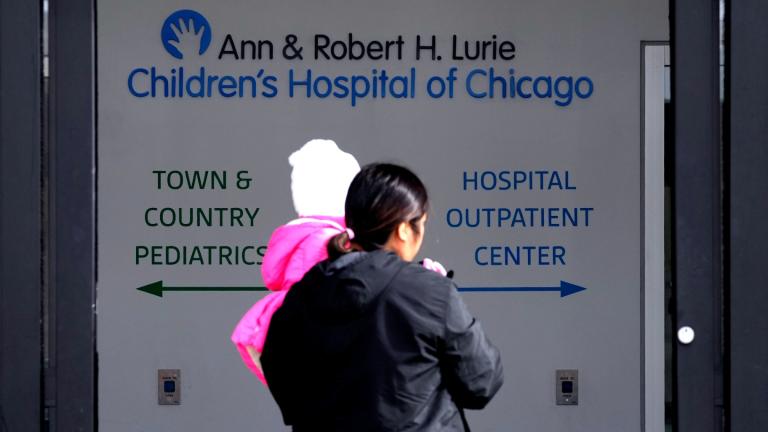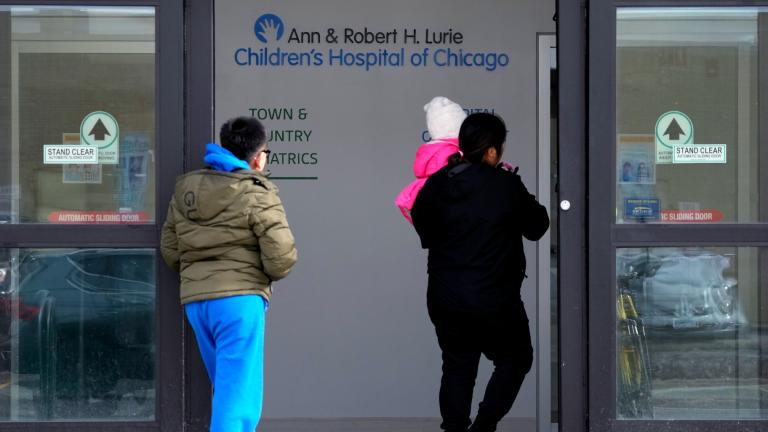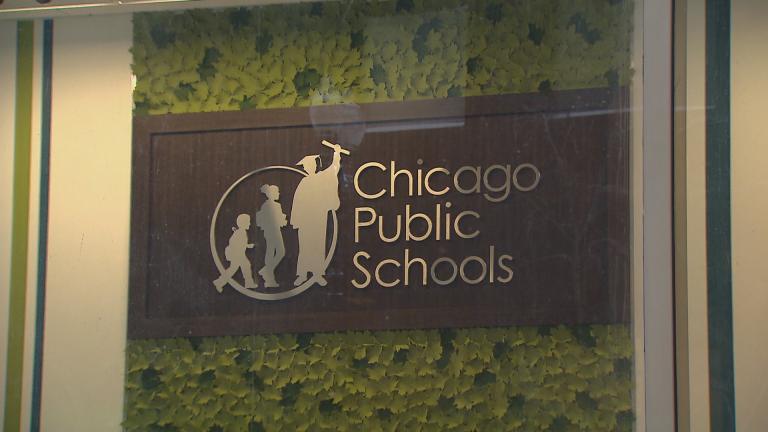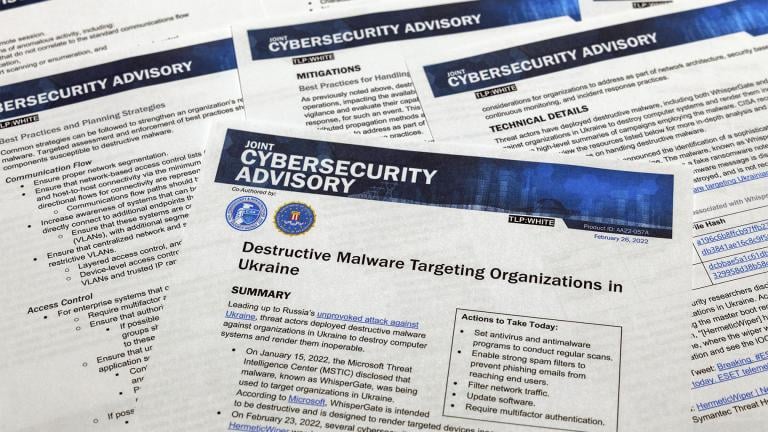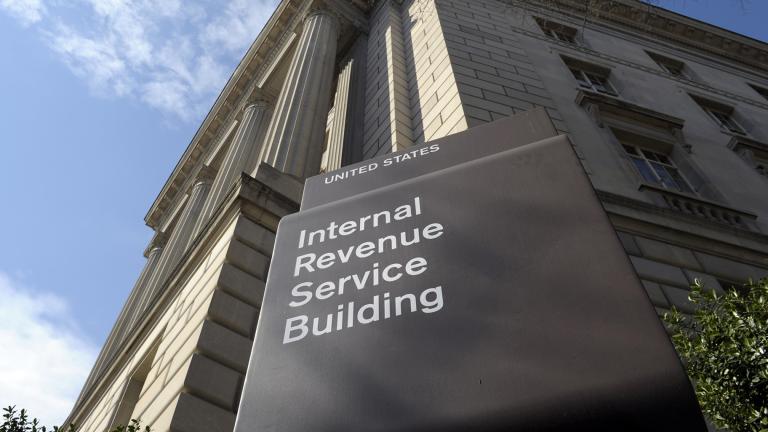The 2020 election is just under a year away, and both federal and state election authorities say the threat of foreign interference is ramping up.
Illinois was one of several states whose election infrastructure was attacked by Russians in 2016, and officials say they’ve made big changes to make sure it doesn’t happen again. But can voters be sure the new measures will work?
The Illinois State Board of Elections says it has received $13.2 million in federal aid since 2016 to deal with foreign interference.
As outlined in the Mueller report, Russian hackers successfully breached an Illinois voter database that included information such as names, addresses and voter registration status. The breach affected 76,000 Illinois voters, but the board says there is no evidence that hackers manipulated any of that information to try and change voter registration status and, ultimately, impact the outcome of the election. But they say it was a wakeup call.
Read: Illinois Voter Data Hack Part of Mueller Report
“There’s constant attacks going on, we’re under constant threats every day,” said Illinois elections board spokesperson Matt Dietrich. “With Russia, it wasn’t just targeting the Illinois State Board of Elections or even necessarily targeting election officials nationwide; they were trying to get everywhere in government, because their goal ultimately was to undermine confidence in government. It’s specifically effective if you undermine confidence in the election system, since that’s foundational to everything.”
Dietrich says common hacking threats include phishing expeditions in which someone clicks on an email with an infected link and the hacker can either break into the system or inject malware into it. He says the board has upgraded its physical infrastructure, but also dispatched nine cyber navigators to all of the 108 election jurisdictions in the state to train local authorities on what to watch out for, which can be as simple as instructing workers not to click on unrecognized links in emails.
Dietrich says that because of election decentralization it would be next to impossible for hackers to get into individual voting machines to change votes. But he says local authorities still have to stay vigilant.
“We never say ‘fail-safe’ or that anything is guaranteed when you talk about cybersecurity. But we feel that we are confident that we’ve stayed a step ahead of the hackers,” he said.
Members of the Illinois State Board of Elections on Monday gave a presentation on election security to members of the Illinois Chamber of Commerce. They say they wanted to hammer home the message that Illinois and every other election authority in the country is under threat.
And the FBI has put together what it calls a Foreign Influence Task Force to get information to voters and candidates about guarding against foreign interference. The campaign consists of videos on subjects like ransomware, social media literacy and foreign influence.
“Russia is the most active in this field, although we expect other countries will get more involved in the future,” an FBI agent says in one of the videos.
And there is still a debate in Congress on increased funding for election security. The House has passed bills that have stalled in the Senate, although Senate Majority Leader Mitch McConnell has stated publicly that he supports $250 million for election security funding.
Illinois officials say they expect to get about $8 million in new funding to continue their efforts.
Dietrich says that the Illinois State Board of Elections is also taking a leading role in combatting foreign disinformation campaigns. He says the board is working with Facebook and Twitter to thwart false messaging. For instance, he says targeted Facebook messages falsely stated that voters could vote by text message, or that Democrats and Republicans could vote on different days, all to suppress the vote.
“If we catch misinformation about the election, about the time of the polls, or telling people they can vote by text, we can quickly alert Facebook and have that post taken down,” Dietrich says. “Where it gets harder is what we saw in 2016, where you have groups putting out messages on Facebook saying things like, ‘Don’t show up.’ Those are harder for us to police because then you’re getting into a First Amendment issue.”
The 2020 Illinois primary is Tuesday, March 17, 2020, and the national General Election will take place Tuesday, Nov. 3, 2020.
Follow Paris Schutz on Twitter: @paschutz
Related stories:
‘Information Wars’ Author Says US Losing Battle Against Disinformation
Pressure Mounts on Facebook to Vet Political Content
Facebook Tightens Political Ad Rules, But Leaves Loopholes
Federal Election Chair Sounds Alarm on 2020 Election

